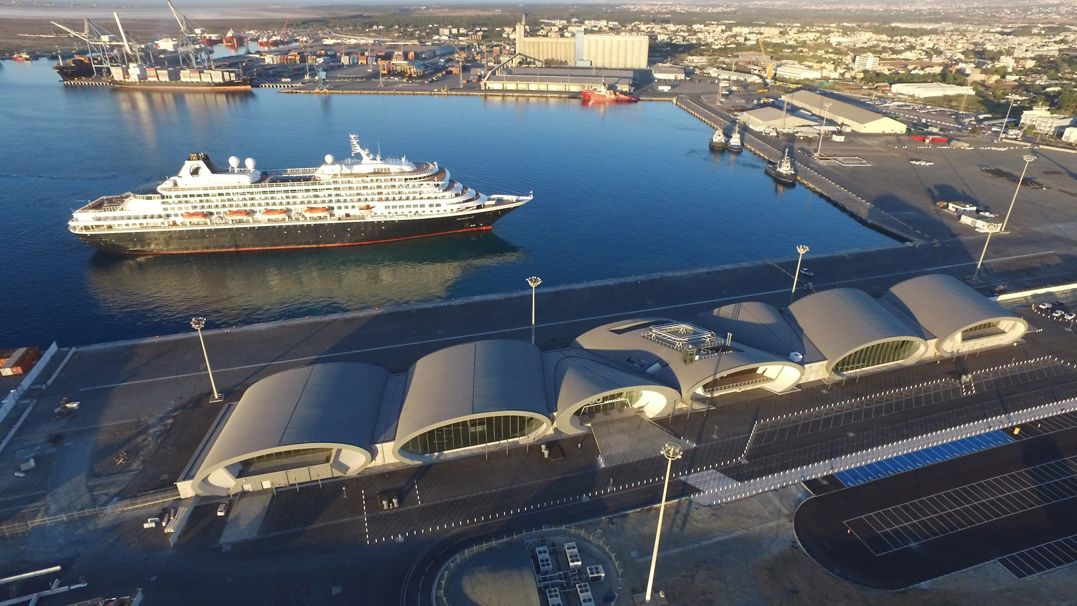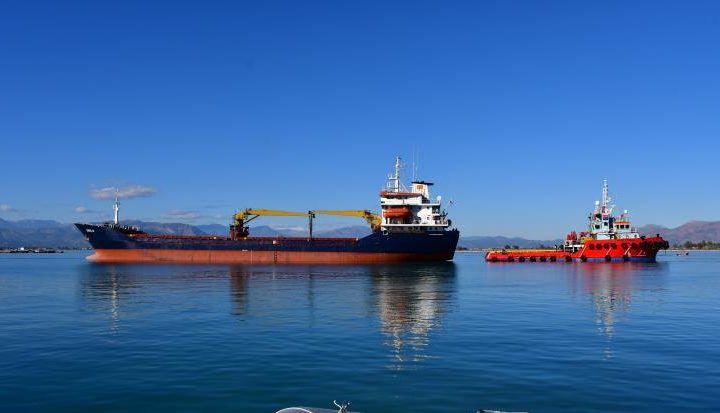The sixth Leading Maritime Cities survey released this week declared Singapore as the world’s premier shipping centre. Not surprisingly so, considering the city-state topped nearly all the indicators resulting from data, research and interviews of hundreds of leading shipping executives around the world.
Although Limassol, as the main maritime hub of Cyprus, could not compare with the rest of the top five cities – Rotterdam, London, Shanghai and Oslo – the survey should be a wake-up call that the island’s shipping infrastructure needs to shift gear if it is to be included among the survey’s top 50 cities any time in the future.
Perhaps, the model of Cyprus being the “third biggest shipping register” in the European Union, the twelfth flag in the world and the leading shipmanagement centre, is an outdated one and a fresh approach is needed in order to make it into the most important rankings.
One of the biggest achievements of the past three decades has been to rid the Cyprus register of sub-standard vessels, when the flag was featuring almost constantly in port inspections and retentions. Seafarer and ship safety has become a new factor attracting business, while the biggest incentive has been the taxation reforms, greenlighted by the EU to continue until the end of the decade.
After all, the island’s core shipping sector has been a steady contributor to the economy, accounting for 7% of the gross national product, which was significantly higher during the banking and financial crisis of 2012-2013 and the three years of the Covid pandemic.
Now, we should all go back to the drawing board and consider the five pillars identified in the LMC survey compiled by Menon Economic and DNV, before taking further action on the future path of Cyprus shipping.
Some steps have been taken and mild changes introduced, such as the growing number of maritime academies, as well as shipping specialists within banks, audit, advisory and law firms. And although it is not only about the number and size of cargo ships laying anchor or the volume and frequency of containers, the key lies in being a leader in finance and law, maritime and technology, ports and logistics, and attractiveness and competitiveness.
Cyprus does have an advantage in that its legal system is based on what is called English Law, widely considered the cornerstone of leading maritime centres. But it needs to do more in research and technology, green transformation and emission controls, digital and communications, cybersecurity and innovation, competitiveness, labour reforms, proximity to global clients and business centres, a larger pool of talent, access to capital, and quality of life.
This can only be achieved through a holistic approach and redefining the entire Cyprus economic model, as for all the above pillars to succeed and grow, the island’s shipping hub has to be recognised as not just one aspect of economic growth, but the driving force of the island’s future transformation.
And we should not be ashamed of being second to others or fearing to aspire higher and further, even if this means being in direct competition with other friendly nations and shipping centres.










